
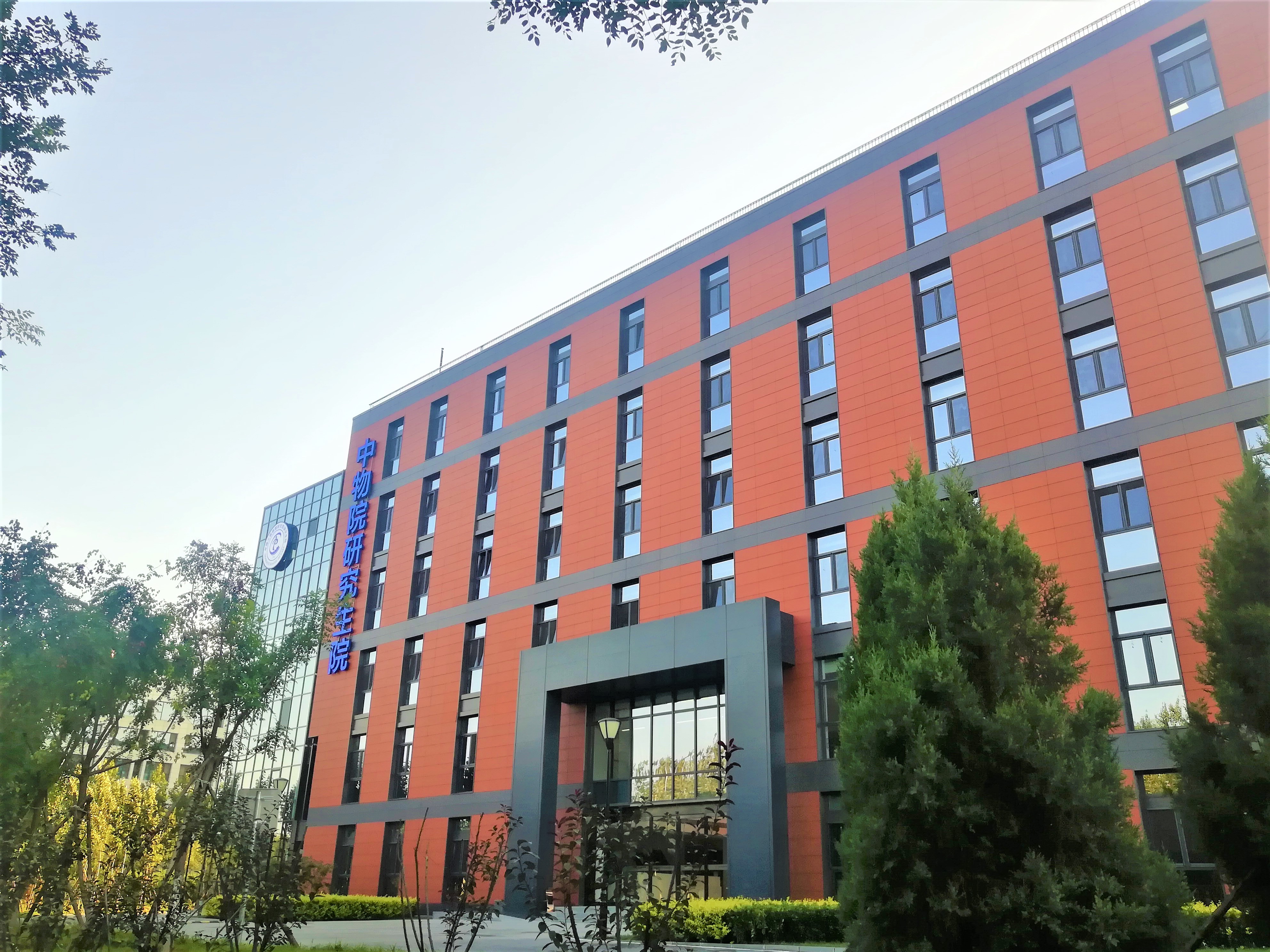
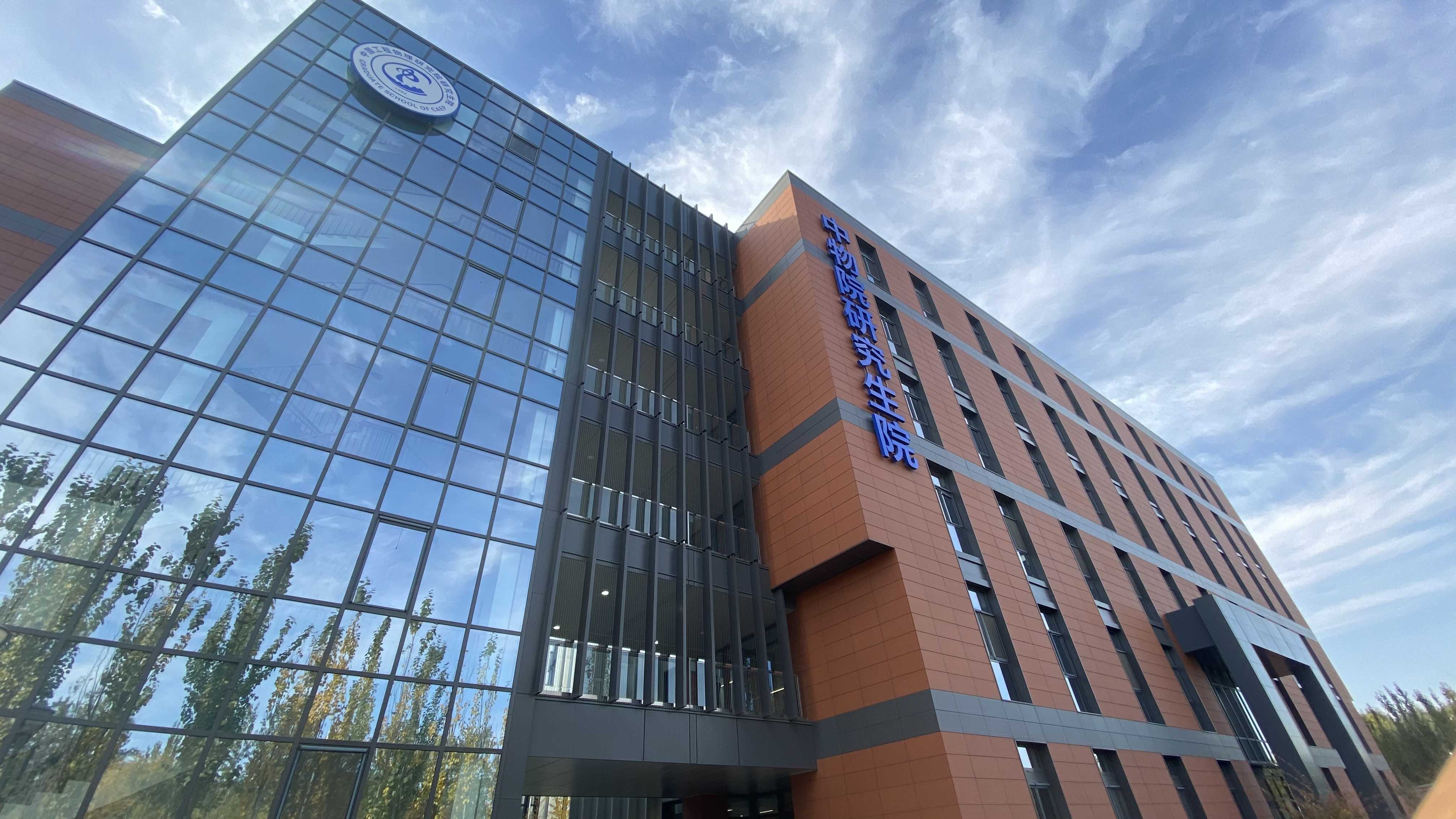
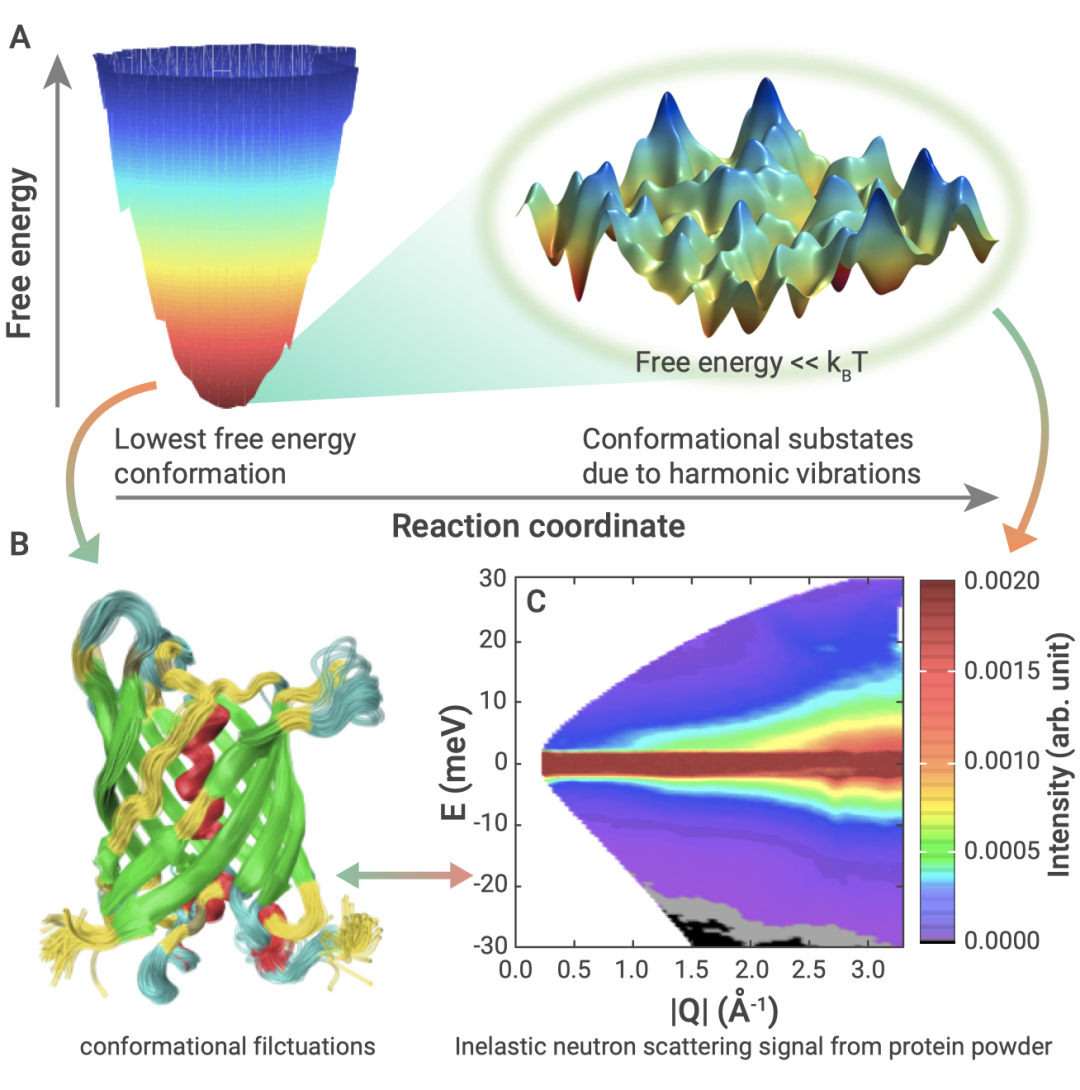

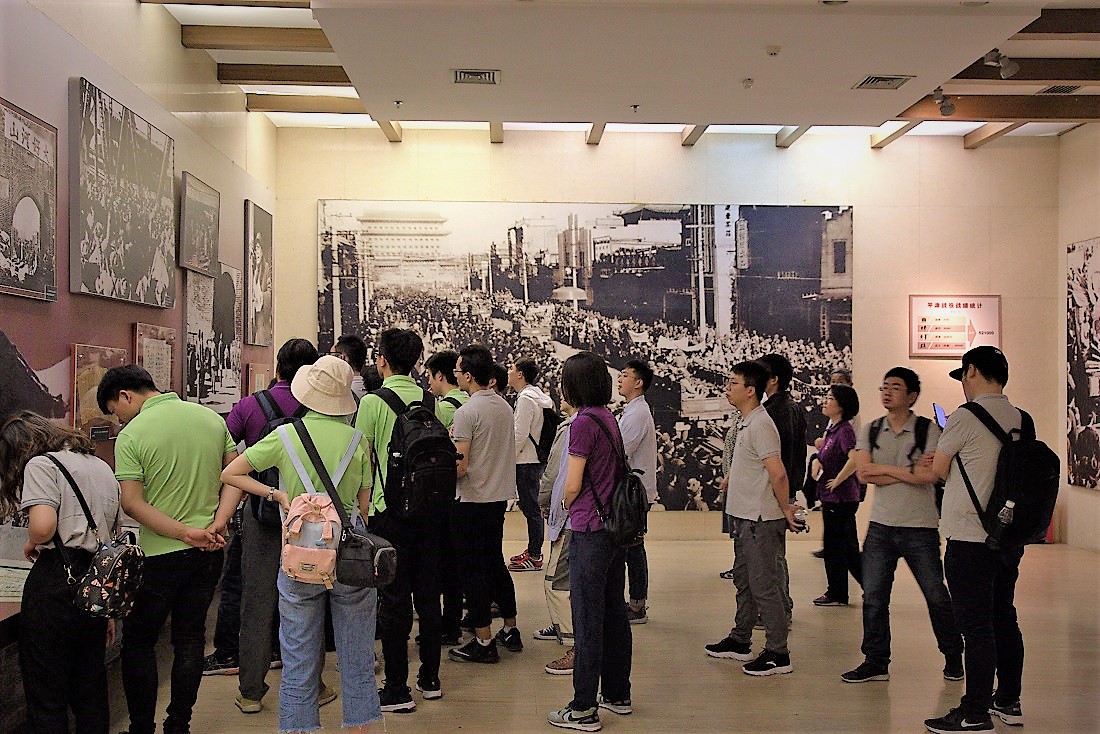









On the occasion of the 40th anniversary of graduate education at China Academy of Engineering Physics, the "2024 Quantum Physics: Foundations, Frontiers, and Science Education" conference, jointly organized by the Graduate School of China Academy of Engineering Physics and Inner Mongolia University, was successfully held at Inner Mongolia University from July 23 to 27. This conference not only extends from the "Solid State Quantum Computing" conference and the "Quantum State Coherent Manipulation and Quantum Devices" conference initiated twenty-two years ago by Academicians Ruibao Tao and Changpu Sun, but also represents a new chapter in the ongoing exploration of developments in the field of quantum physics.
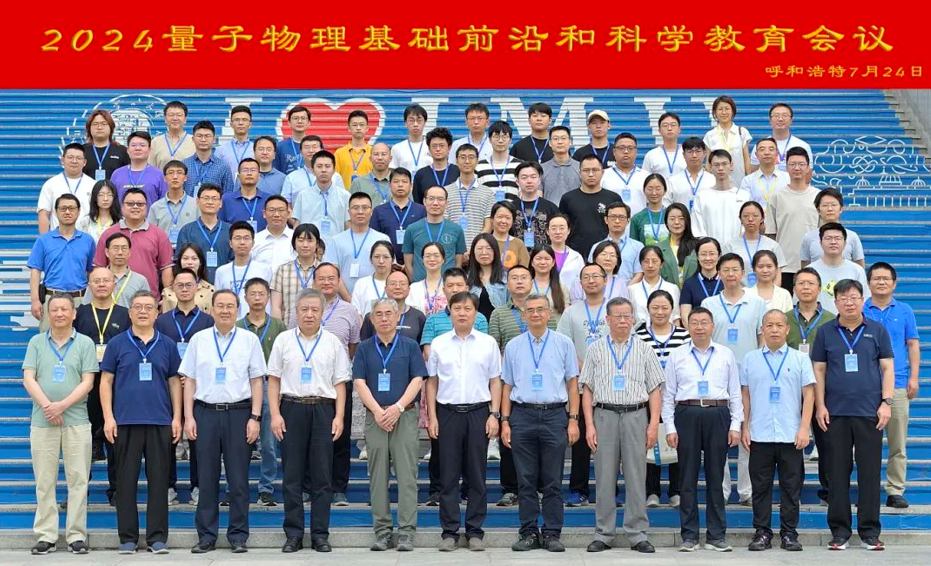
The conference was chaired by Academician Changpu Sun from the Graduate School of China Academy of Engineering Physics. Experts, scholars, and educators from across the country gathered to discuss the latest advances and future directions in the field of quantum physics. The conference provided a high-level academic exchange platform for scholars engaged in fundamental and cutting-edge research as well as science education in quantum physics, with the aim of promoting the development of theory, experimentation, and education in the relevant domestic fields.
Professor Xinqi Li, Distinguished Dean of the School of Physical Science and Technology at Inner Mongolia University, presided over the opening ceremony of the conference. During the opening ceremony, Vice President Baiyila Dahu of Inner Mongolia University delivered a speech, warmly welcoming the experts and scholars in the field of quantum science who attended the conference. He also provided an overview of the development of Inner Mongolia University and its physics department. He stated that the conference would actively promote the development of the physics discipline at Inner Mongolia University and within the Inner Mongolia Autonomous Region.
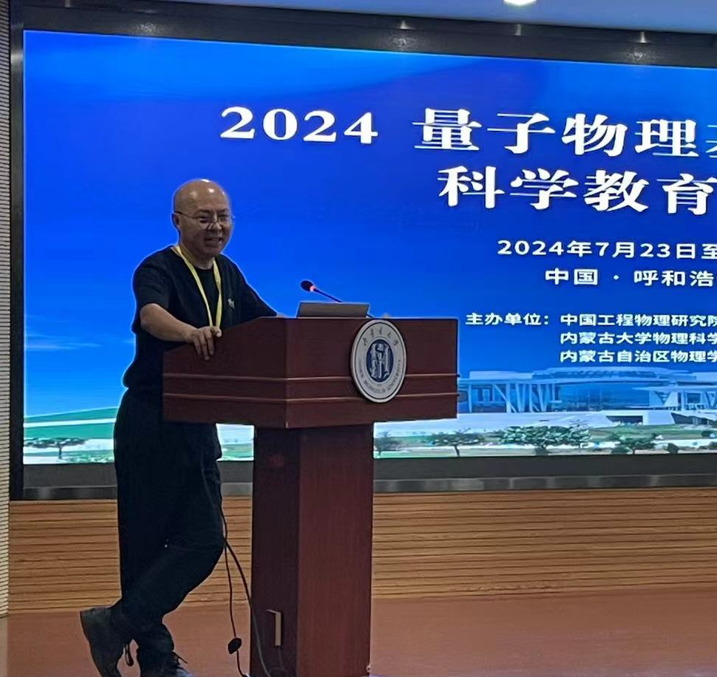
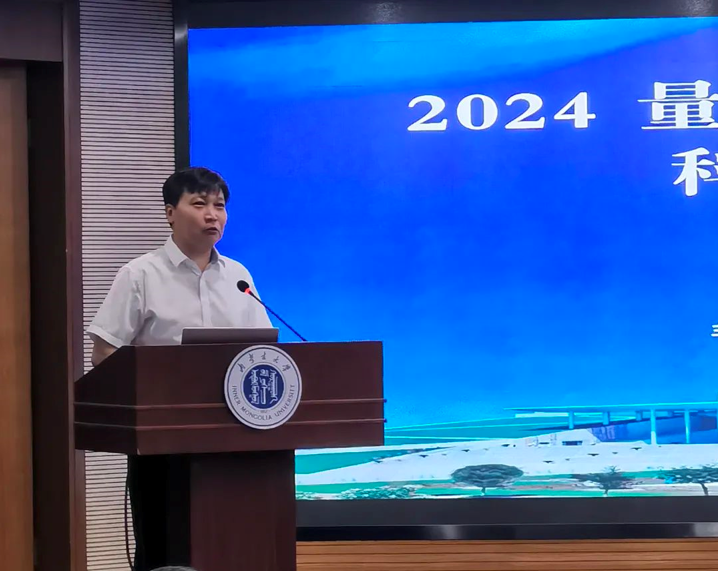
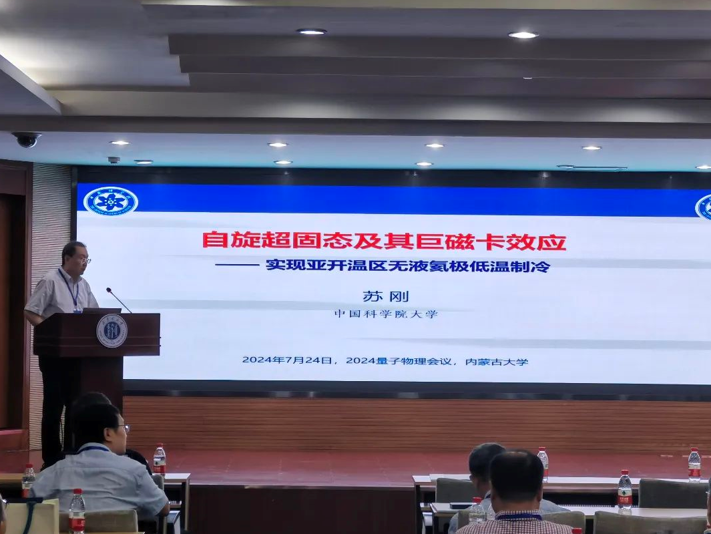
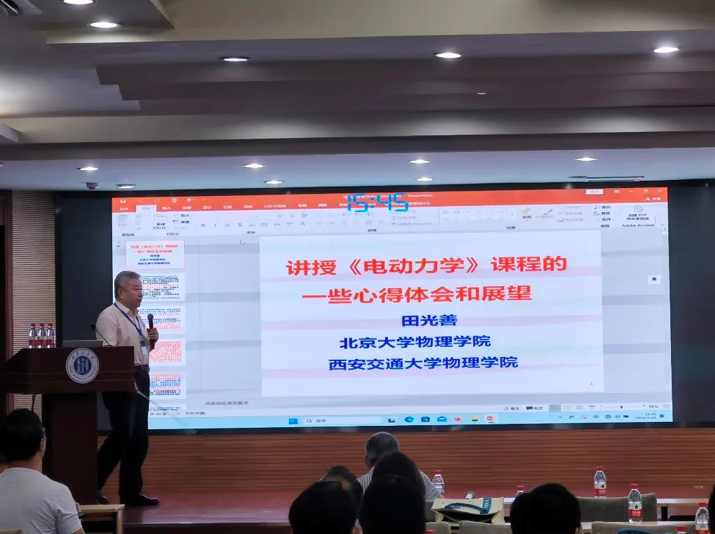
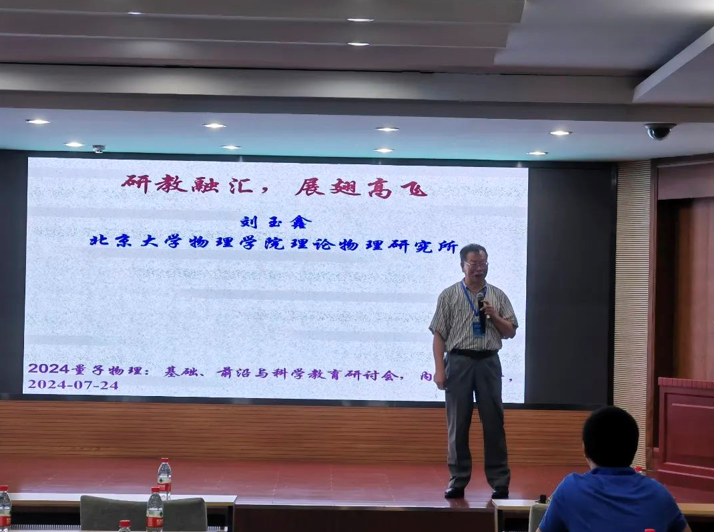
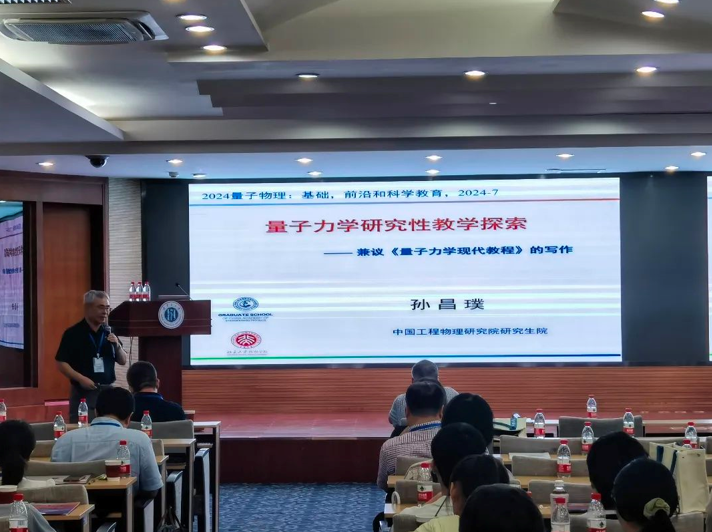
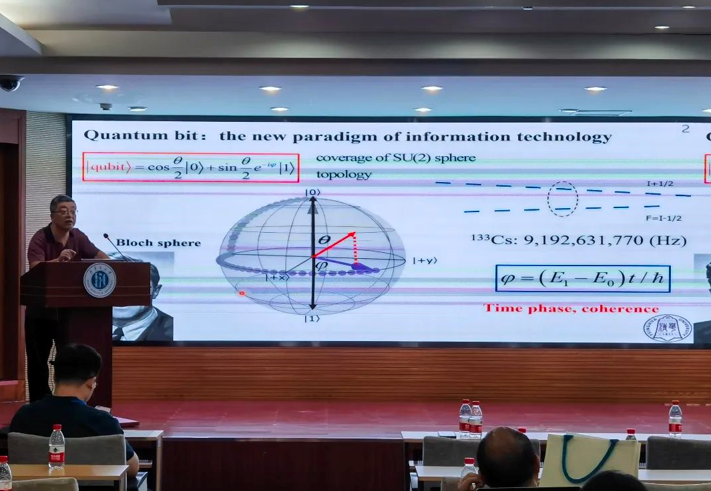
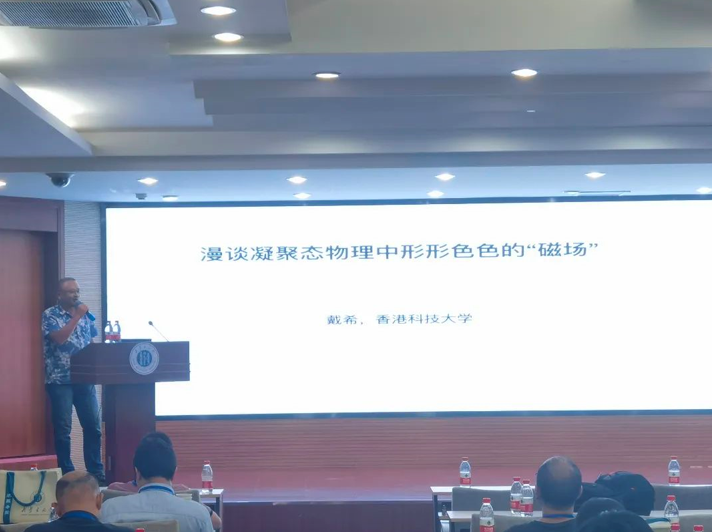
The conference invited 19 experts from renowned domestic universities and research institutions, including Peking University, Tsinghua University, University of the Chinese Academy of Sciences, Hong Kong University of Science and Technology, Inner Mongolia University, Hainan University, the Institute of Physics of the Chinese Academy of Sciences, the Institute of Theoretical Physics of the Chinese Academy of Sciences, the Graduate School of China Academy of Engineering Physics, and the Beijing Computational Science Research Center, to give one-hour keynote talks. Over 100 experts, scholars, and students participated in person. The invited speakers provided detailed explanations of the latest research achievements, unique research methods, and innovative thinking in the field, leading to in-depth discussions among attendees. Additionally, the conference paid special attention to physics education, exploring how to effectively integrate scientific research ideas into the educational system and investigating new approaches to cultivating future scientific talent.
